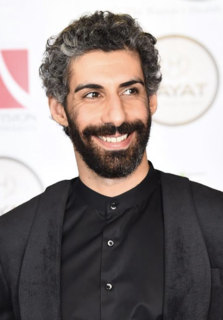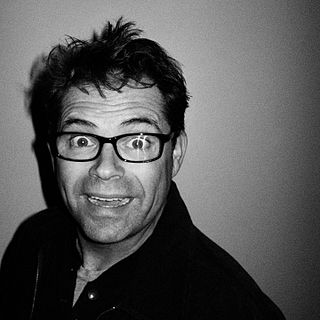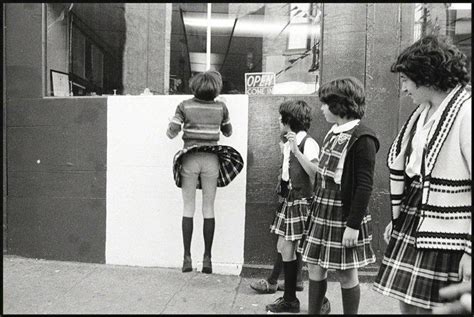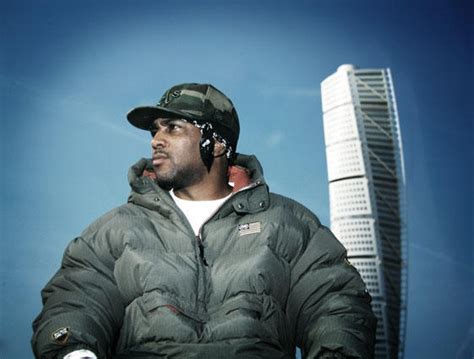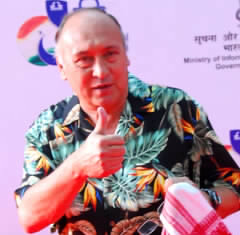A Quote by Jim Sarbh
In 'Padmaavat,' you are pushed to be as good as the frame, to have a presence that lives up to the grand, operatic, intricate, beautiful frame that you inhabit. I love trying to rise to that.
Related Quotes
I think about photographs as being full, or empty. You picture something in a frame and it's got lots of accounting going on in it-stones and buildings and trees and air - but that's not what fills up a frame. You fill up the frame with feelings, energy, discovery, and risk, and leave room enough for someone else to get in there.
In a car you're always in a compartment, and because you're used to it you don't realize that through that car window everything you see is just more TV. You're a passive observer and it is all moving by you boringly in a frame. On a cycle the frame is gone. You're completely in contact with it all. You're in the scene, not just watching it anymore, and the sense of presence is overwhelming.
Why is nobody questioning the sanity or suicidal tendencies of Everest ascenders? It's kind of a question of framing: How do you frame these activities? We frame them as freedom-loving, exciting, progressing sports and they are. But there are other ways to frame it. It's also true that these young men, neurologists say that their frontal lobes aren't developed yet - the long-term planning part of the brain.
